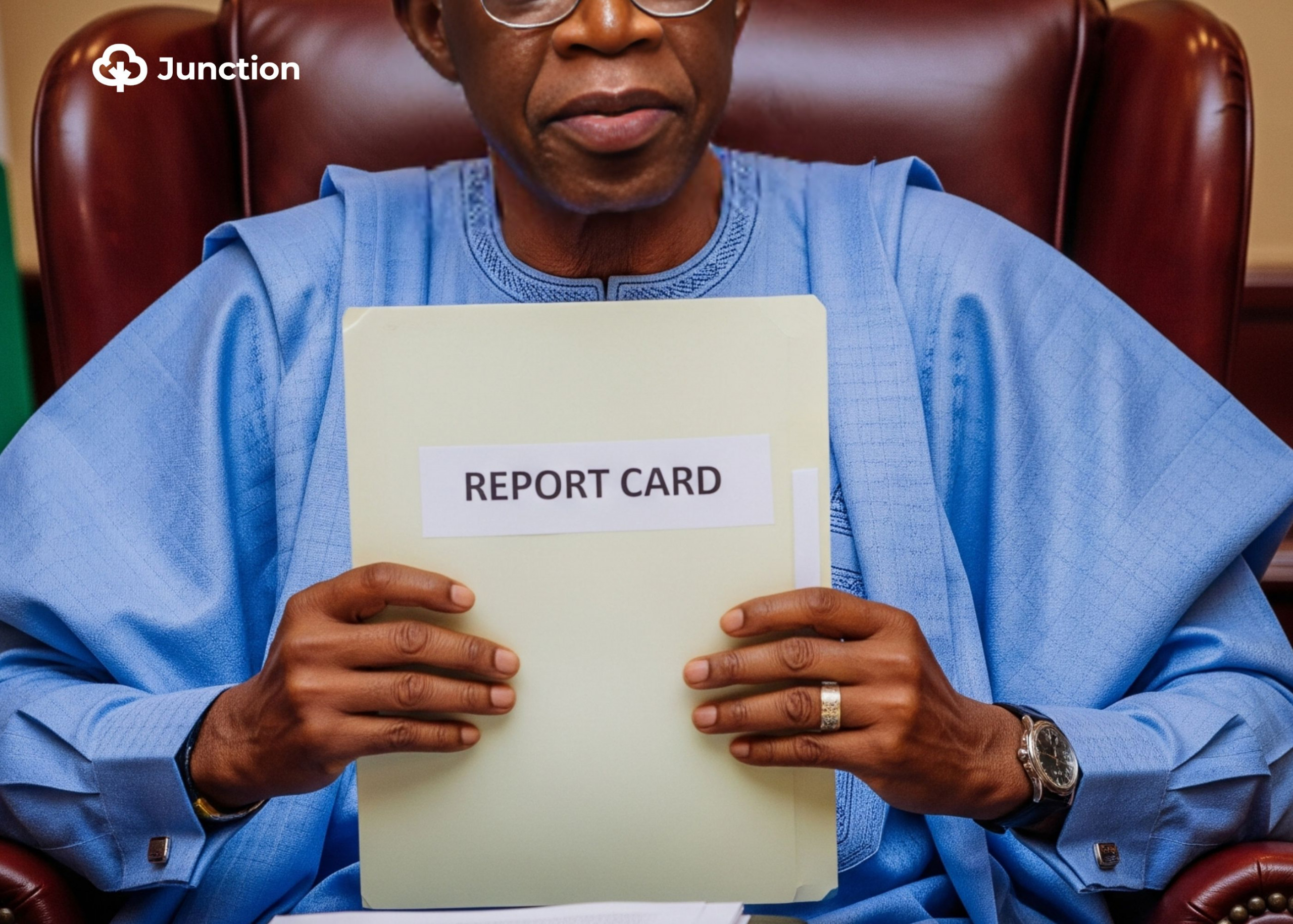News in brief:
– Stakeholders have given President Tinubu’s two-year agricultural performance a mixed review, praising bold reforms and large investments but warning that insecurity, high costs, and poor implementation are stalling real progress.
– While food prices are now falling and key programmes have launched, experts say consistent execution and stronger support for farmers are needed to turn potential into lasting impact.
As President Bola Ahmed Tinubu marks his second year in office, stakeholders in Nigeria’s agricultural sector have delivered a cautiously mixed verdict on his performance. While acknowledging bold reforms and billion-naira investments, industry leaders say deep-rooted challenges continue to undermine real impact on the ground.
The Lagos Chamber of Commerce and Industry (LCCI) applauded Tinubu’s economic reforms, such as fuel subsidy removal, exchange rate liberalisation, and tax restructuring, for boosting the services sector and overall GDP growth. However, Director General Dr. Chinyere Almona noted that the agriculture sector remains burdened by high production costs, insecurity, and logistical inefficiencies.
“Smallholder farmers, agro-SMEs, and food processors are struggling to survive rising inflation, forex instability, and erratic fuel prices,” Almona said, warning that policy divergence between monetary and fiscal authorities is also eroding investor confidence.
On the achievements side, the Federal Ministry of Agriculture and Food Security, under Minister Abubakar Kyari, has initiated key programmes, including dry-season farming, fertiliser distribution, mechanisation, and rural infrastructure upgrades. Over ₦309 billion has been committed to interventions, with more than 60,000 jobs created and millions of hectares cultivated.
Yet stakeholders like Peter Dama of the Competitive African Rice Forum and Abubakar Kassim of the Fertiliser Producers Association argue that the reforms must go beyond policy announcements. They call for better execution, targeted input subsidies, and protection of local farmers from the dumping of foreign produce.
Insecurity, poor extension services, climate threats, and post-harvest losses remain critical concerns.
As Dama put it, “We’ve heard the right things. Now it’s time to see them happen.”
Also, this publication reported that food prices in Nigeria have been falling steadily since 2025, after historical highs in 2024, especially in urban centres. It tallies with what the President’s media aide, Sunday Dare, recently said about the administration’s aggressive structural reforms beginning to take root and moving the country into early recovery.
The consensus is clear: President Tinubu’s vision for agricultural transformation has potential, but sustaining momentum will require consistent policy implementation, improved security, and a people-centred approach to rebuilding Nigeria’s food systems.



